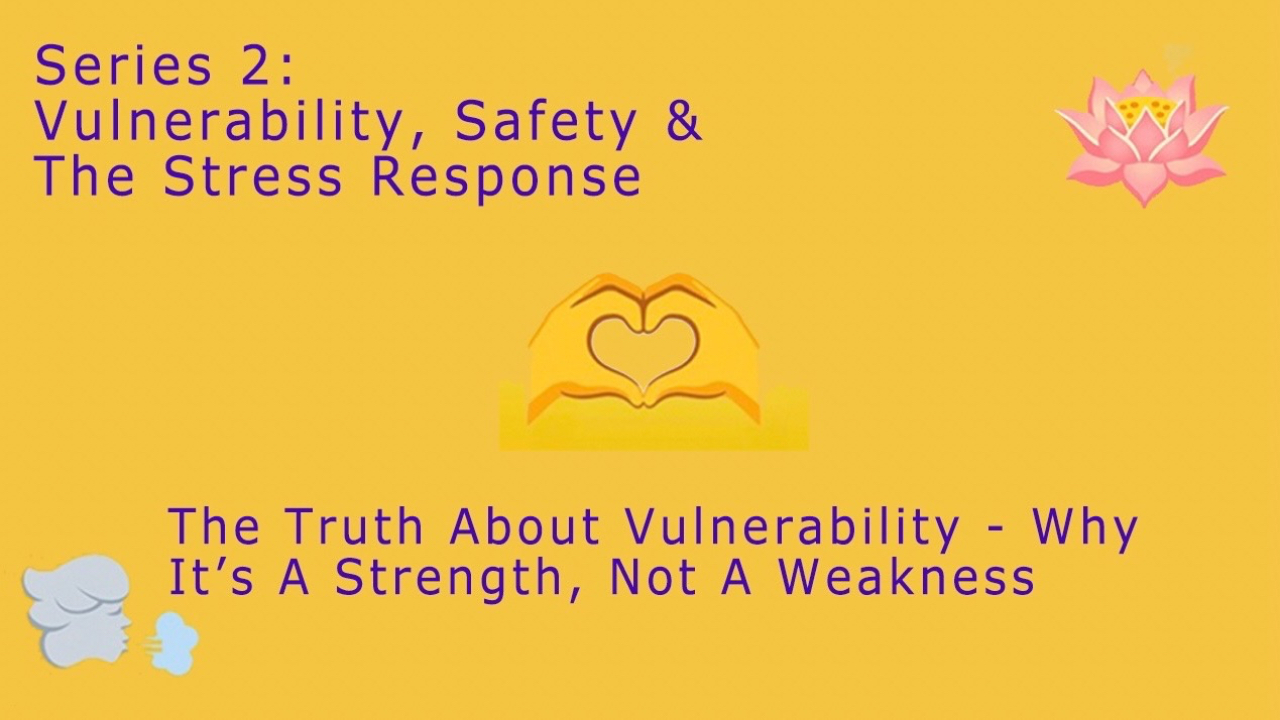The Truth About Vulnerability – Why It’s a Strength, Not a Weakness
May 05, 2025
Do you ever feel like showing vulnerability makes you look weak?
If so, you’re not alone. Many professional women have been conditioned to believe that strength means powering through emotions, never showing hesitation, and handling everything alone.
But here’s the truth: Vulnerability is not weakness—it’s the foundation of true emotional resilience.
The Science of Vulnerability & Resilience
• Studies show that leaders who embrace vulnerability are more effective, with teams reporting higher trust and engagement. (Harvard Business Review, 2023)
• Emotional suppression increases stress hormone levels, leading to burnout and decision fatigue. (American Psychological Association, 2022)
• Resilient people don’t avoid emotions—they engage with them. Research shows that acknowledging emotions instead of suppressing them reduces stress reactivity by 50%. (Neuroscience Journal, 2021)
Why We Fear Vulnerability (And How It Holds Us Back)
For many women, vulnerability feels risky because of deeply ingrained beliefs about what it means to be strong:
🔹 Fear of judgment – Worrying that showing emotions will make others perceive you as weak.
🔹 Perfectionism – Believing you must have it all together at all times.
🔹 Hyper-independence – Feeling like asking for help means failing.
🔹 Conditioning – Growing up in environments that discouraged emotional expression.
But vulnerability isn’t about breaking down—it’s about opening up in a way that fosters connection, self-trust, and resilience.
Vulnerability & The Stress Response: How Suppression Affects the Body
Your nervous system is wired for connection, but when you suppress vulnerability, your body interprets it as a threat. This activates your stress response, leading to:
🔹 Increased cortisol (stress hormone) → Causing exhaustion & mental fog
🔹 Tension in the body → Muscle tightness, headaches, or fatigue
🔹 Emotional shutdown → Struggling to communicate emotions or set boundaries
Over time, suppressing emotions doesn’t just impact your mind—it deeply affects your body’s ability to handle stress.
How to Build Resilience Through Vulnerability
1️⃣ Reframe Vulnerability as Strength
Instead of seeing vulnerability as exposure, see it as self-awareness. The ability to acknowledge emotions without being controlled by them is a superpower.
Try This: The next time you feel uncomfortable being vulnerable, reframe it as a moment of courage, not a moment of weakness.
2️⃣ Notice How Your Body Reacts to Emotional Suppression
When you hold emotions in, where do you feel it? Tight chest? Stiff shoulders? Clenched jaw? Noticing these cues helps you become aware of when you’re shutting down.
Try This: The next time you feel the need to suppress an emotion, take three slow breaths and ask yourself: “What is my body trying to tell me?”
3️⃣ Shift from Over-Control to Emotional Agility
Resilient women don’t control every emotion—they learn how to move through them. Vulnerability teaches you how to navigate emotions instead of resisting them.
Try This: If something feels too overwhelming to express out loud, write it down first. Journaling can help process emotions in a safe, private way.
Vulnerability is Your Power, Not Your Weakness
Choosing to embrace vulnerability isn’t about breaking down—it’s about showing up authentically, without fear of judgment. And the more you practice it, the more emotionally resilient you become.
💡 Next Up in This Series: Emotional Security vs. Emotional Suppression – Understanding the Difference






